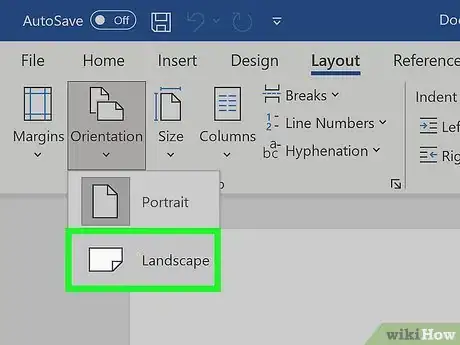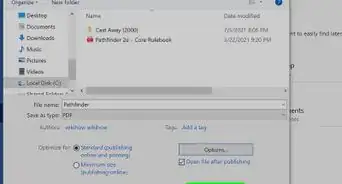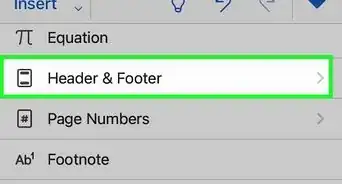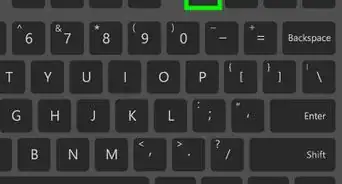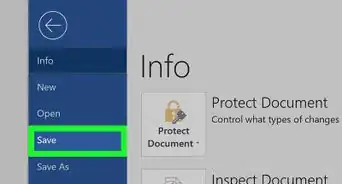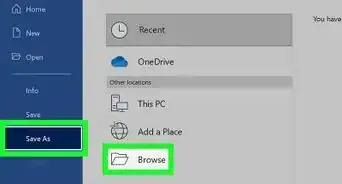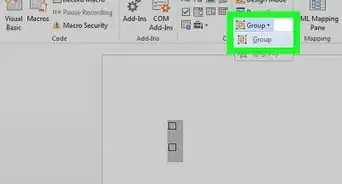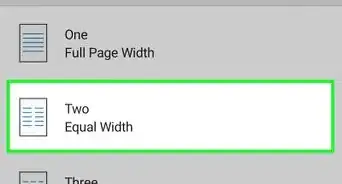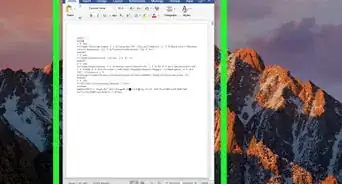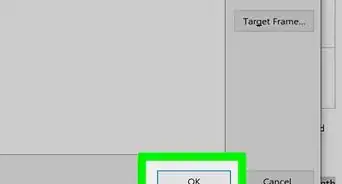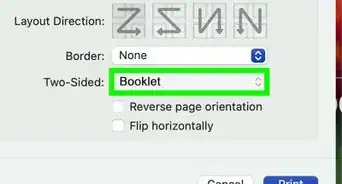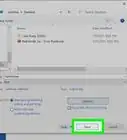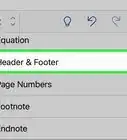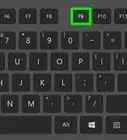This article was co-authored by wikiHow staff writer, Nicole Levine, MFA. Nicole Levine is a Technology Writer and Editor for wikiHow. She has more than 20 years of experience creating technical documentation and leading support teams at major web hosting and software companies. Nicole also holds an MFA in Creative Writing from Portland State University and teaches composition, fiction-writing, and zine-making at various institutions.
This article has been viewed 144,348 times.
Learn more...
A timeline is a great way to show progress on a project or event over time. You can also use timelines to display historical milestones, document changes, and even to plan events in the future. Word makes it very easy for you to make a timeline using its SmartArt tools. This wikiHow article will teach you how to visually display a timeline of events in Microsoft Word.
Steps
Inserting a Timeline
-
1Change the page layout to landscape mode (optional). Because timelines are displayed horizontally, you'll have a better-looking timeline if your document is in landscape (horizontal) mode. Here's how you can do this:
- Click the Layout tab at the top of Word.
- Click Orientation.
- Click Landscape.
-
2Click the Insert tab at the top of Word. It's in the upper-left area of Word.Advertisement
-
3Click SmartArt on the toolbar. Look for the icon of a green arrow with a white rectangle over it.
-
4Click the Process menu. It'll be in the left panel on Windows, or in the sub-menu on a Mac.
-
5Click a timeline layout. The two timeline options are Circle Accent Timeline (the one with two large circles and two smaller circle) and Basic Timeline (the arrow with three circles inside). Hover your mouse cursor over a timeline preview to see its name, and then click to add it to your document.
- If you're using a Mac, selecting a timeline layout will insert it into your document. If you're using Windows, you'll need to click 'OK to insert it.[1]
Labeling Events
-
1Click any of the Text markers. Each dot (or other shape, depending on the Process layout you chose) represents an event in time. To get you started, Word adds some placeholder text to show you where to add your labels. When you click any of these placeholder text entries, you'll be able to edit that text.
- Clicking the text will bring up the Text Pane on the left side of Word.
- If you don't see the Text Pane, click Text Pane on the SmartArt Design tab to bring it up.
-
2Enter the text for this event. This could be the event's name, a particular date, or both.
- One idea for labeling your timeline is to enter the date as the primary event text, and then add smaller bullet points to summarize what happened on that date. To do this, just type the date (or any other time marker, like a season), press Enter or Return, and then click Add Bullet on the SmartArt Design tab to add your first bullet point.
-
3Repeat for all other placeholder text. You can also change the name and look of the text the same as you would any other Word text—just highlight the text you want to customize, click the Home tab, and use the "Font" panel options.
Adding More Events
-
1Click one of the timeline markers. Word only inserts a few event markers to get you started. If you need to add more events, start by clicking the marker next to where you want to insert the new event.
- It doesn't matter if you choose the marker to the left or right of the event.
-
2Click the SmartArt Design tab. You'll see this tab in the upper-right area of Word after you click one of the shapes.
-
3Click Add Shape. It's in the upper-left area of Word.
-
4Select Add Shape After or Add Shape Before. Choose the option that represents where you want to add another event marker. This also opens the Text Pane on the left so you can add text to the event.
-
5Open the Text Pane. If you don’t see the Text Pane on the left side of Word, click any of the event markers (or Text Pane in the toolbar) to open it now. You should now see an empty bullet in the Text Pane.
-
6Enter the event's text next to the empty bullet in the Text Pane. You'll have to add your event's text in the Text Pane, as adding a new shape doesn't also add placeholder text.
Customizing Your Timeline
-
1Move an event. If an event marker is out of order, you can move it elsewhere on the timeline. Just right-click the event you want to move on the Text Pane and select Move Up or Move Down as needed.
-
2Change the colors. To modify the colors of the SmartArt timeline:
- Click any element in the timeline.
- Click the SmartArt Design' tab if it doesn't open automatically.
- Click Change Colors in the toolbar at the top.
- Select a different color theme.
-
3Apply a new style. You can add different stylistic and/or 3D effects to your graphics, too. Just click the SmartArt Design tab, click the menu on the "SmartArt Styles tab, and then choose an effect.
-
4Switch to a different timeline layout. If you've decided the Process layout you selected isn't working for your timeline, you can easily change the layout on the SmartArt Design tab—just scroll through the layouts on the "Layouts" panel and choose the one you want.
Community Q&A
-
QuestionHow do I increase the size of my timeline?
 Ravenwolf123Community AnswerAdd the same form you previously chose using SmartArt. Put it below the one you have already made. In the 'Tell Me What You Want To Do' search bar, type in 'shape', then click 'Draw A Shape' or 'Draw Shapes'. Select the arrow and draw it from the last part of the top section of your timeline to the first part of the second section of your timeline.
Ravenwolf123Community AnswerAdd the same form you previously chose using SmartArt. Put it below the one you have already made. In the 'Tell Me What You Want To Do' search bar, type in 'shape', then click 'Draw A Shape' or 'Draw Shapes'. Select the arrow and draw it from the last part of the top section of your timeline to the first part of the second section of your timeline. -
QuestionWhat do I do after I enter my text?
 Community AnswerIf you need another text box, just click "Draw Text Box" and draw it wherever you need it! If you are finished, save it and print/publish it.
Community AnswerIf you need another text box, just click "Draw Text Box" and draw it wherever you need it! If you are finished, save it and print/publish it.
References
About This Article
1. Switch your document to landscape mode.
2. Click the Insert tab.
3. Click SmartArt.
4. Click Process.
5. Select a timeline layout.
6. Label the events.
